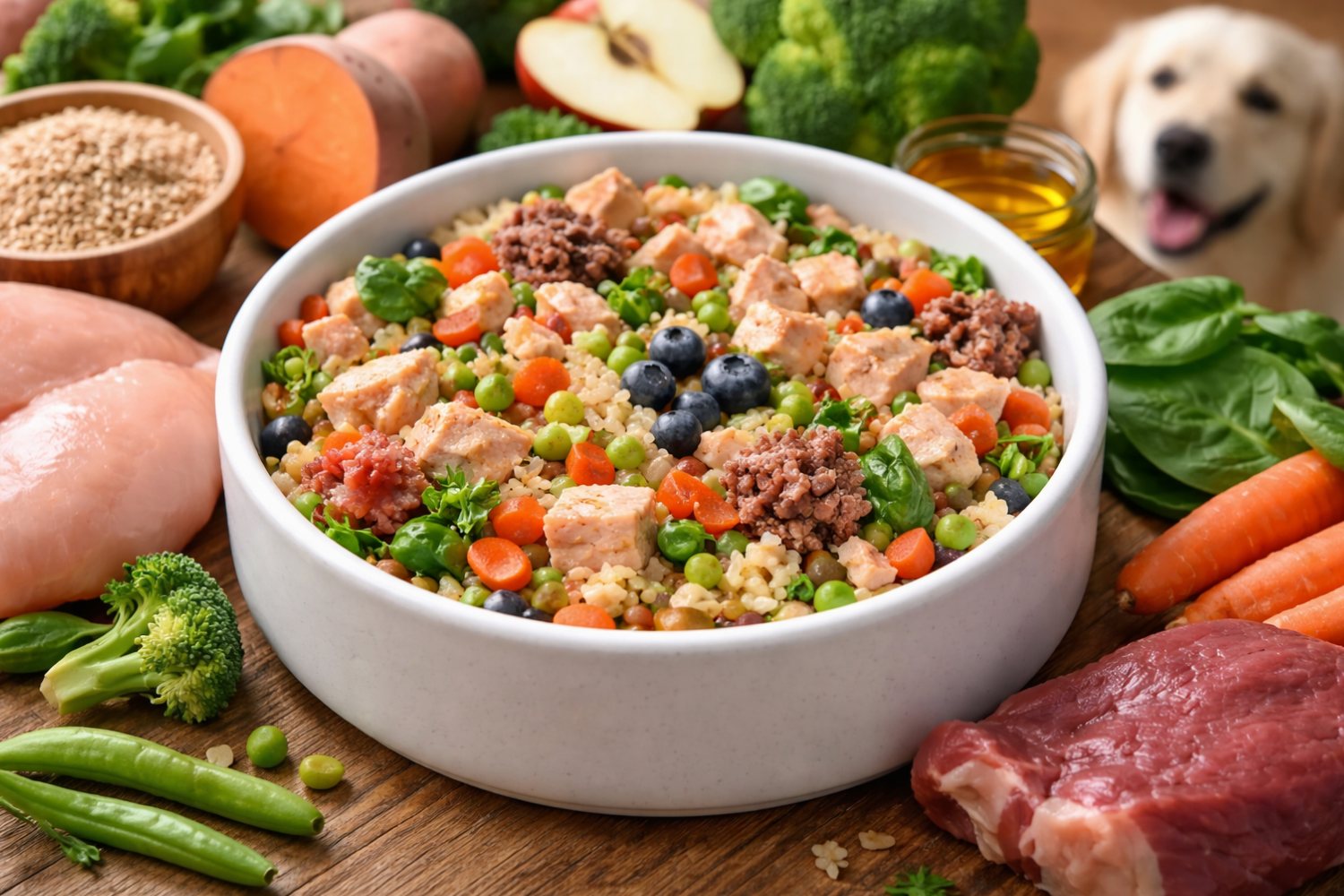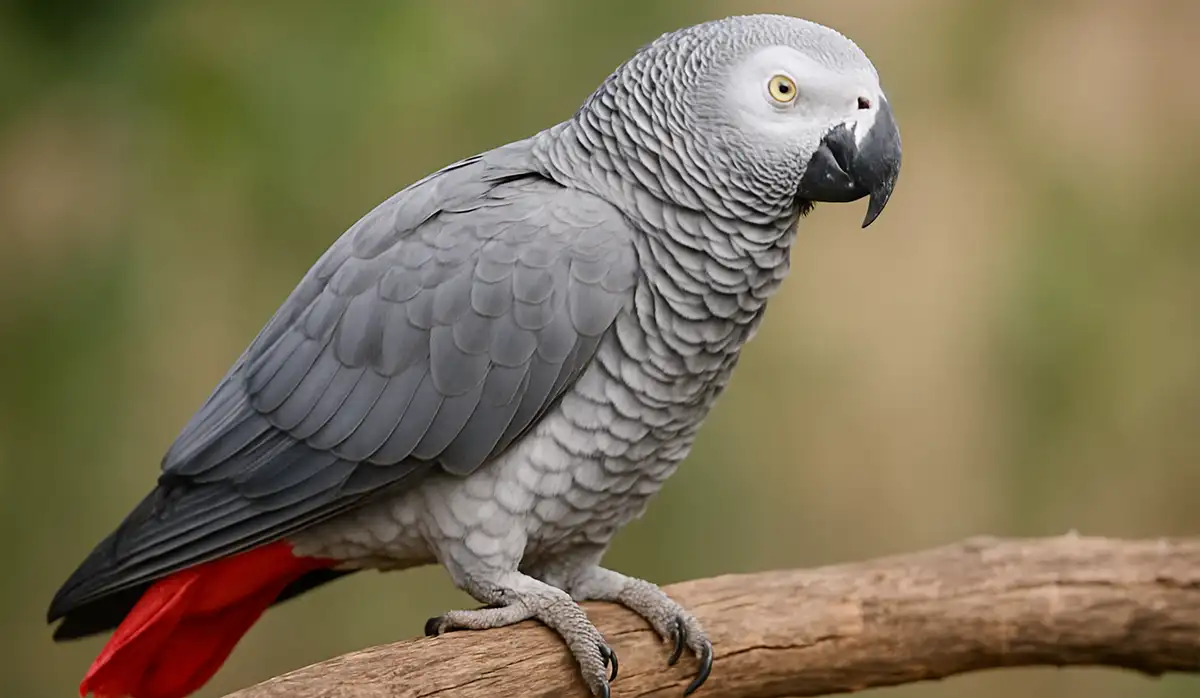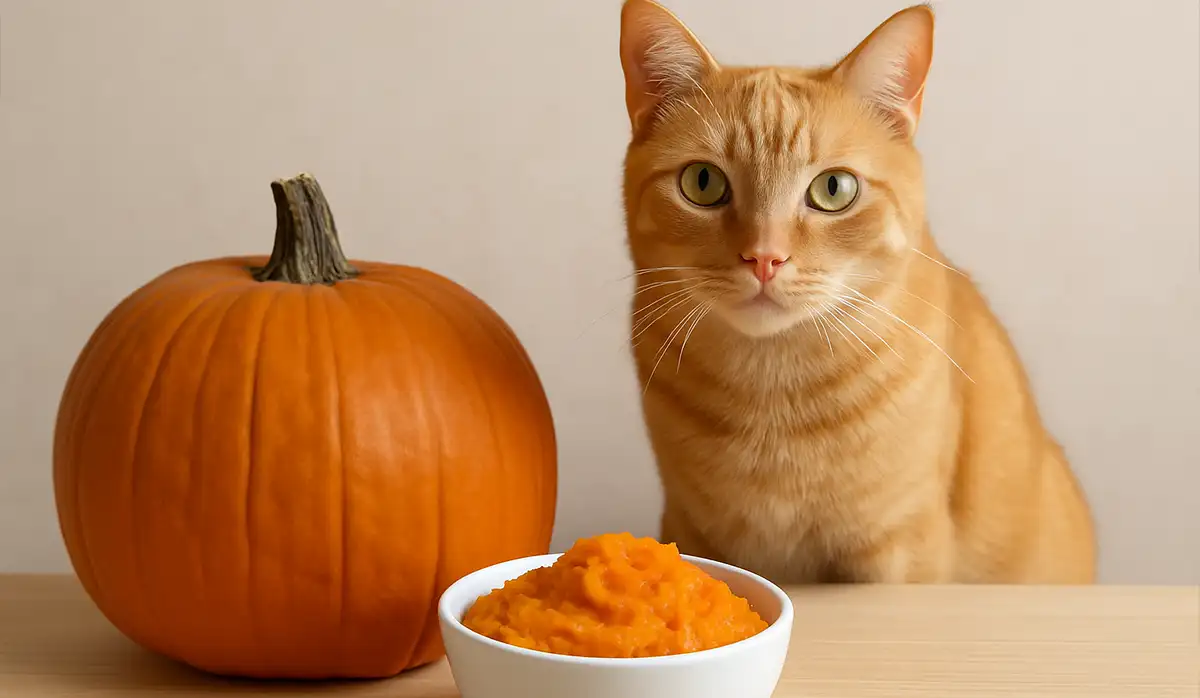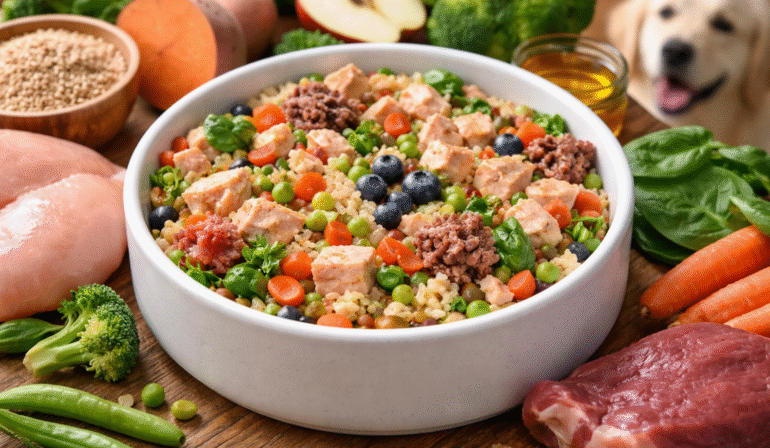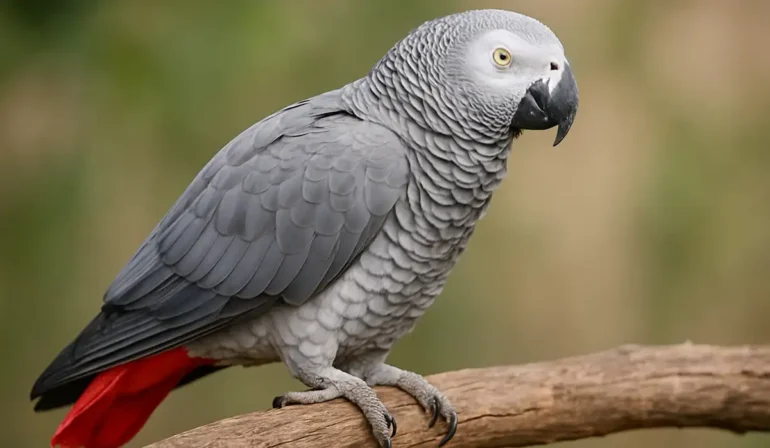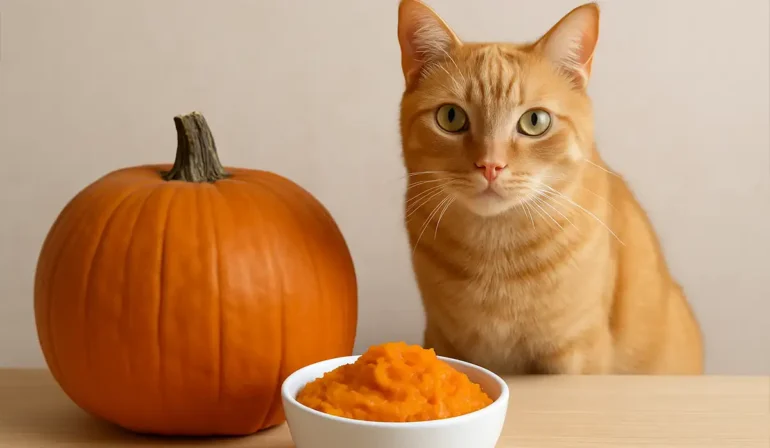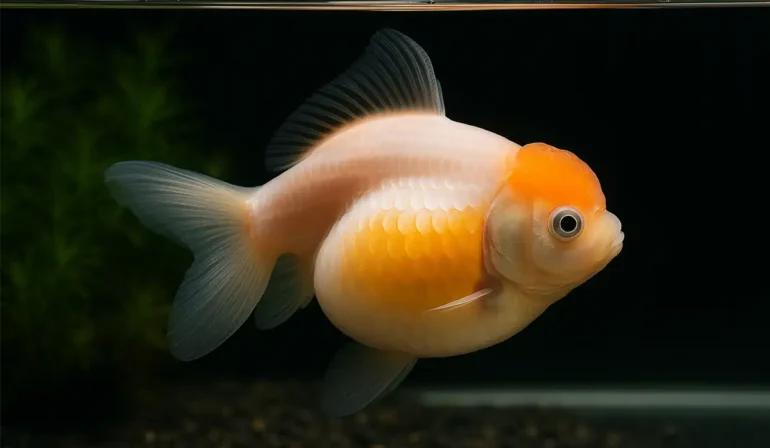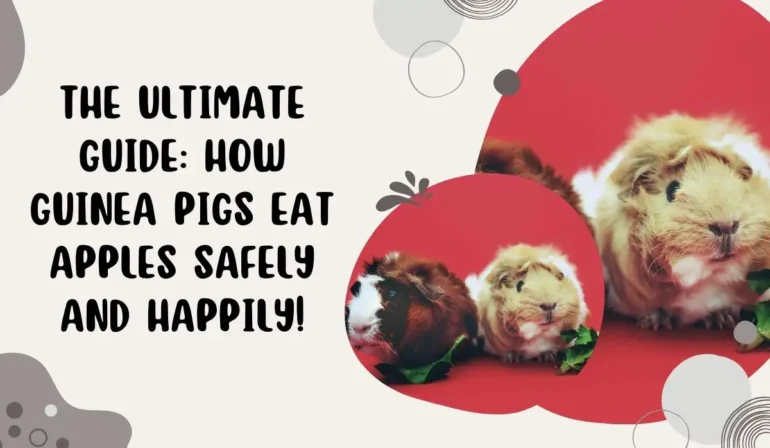Can Horses Eat Grapes? Everything You Need to Know
By Pet Luvz on May 6, 2025
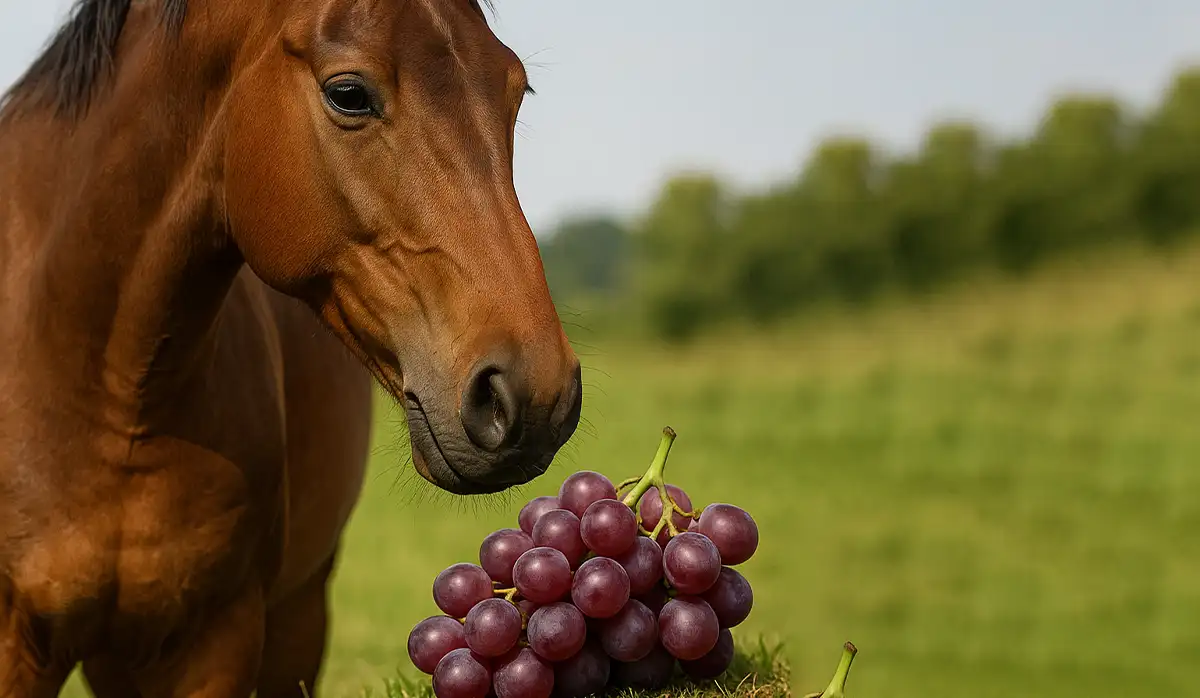
Table of Contents
🍇 Introduction
Ever stood with a bunch of grapes in your hand and wondered, “Can I share a few of these with my horse?” “Can Horses Eat Grapes” You’re not alone! As horse owners, we’re always looking for fun and healthy ways to treat our equine friends. And let’s be honest—horses have a sweet tooth.
Let’s dive deep and uncover the truth behind feeding grapes to horses—benefits, risks, expert advice, and everything in between.
For more pet care tips, visit PetLuvz.
🍇 Are Grapes Safe for Horses?
Grapes and Their Nutritional Profile
Grapes are loaded with water, natural sugars, and essential nutrients like vitamin C, vitamin K, and potassium. They’re small, juicy, and easy to chew—making them an appealing snack.
Are Grapes Toxic to Horses Like They Are to Dogs?
This is a big concern because grapes and raisins are known to be toxic to dogs. Fortunately, there’s no conclusive evidence showing grapes are toxic to horses. Many vets and horse owners have safely fed grapes to horses for years without problems.
For more detailed information on whether grapes are toxic to dogs, you can check out this VetStreet article on grapes and dogs.
Scientific Insights and Veterinary Opinions
While scientific research is limited, most equine vets agree that grapes are generally safe when fed in moderation. However, they do warn about individual sensitivities.
💪 Nutritional Benefits of Grapes for Horses
Vitamins and Minerals
Grapes provide:
- Vitamin C (boosts the immune system)
- Vitamin K (supports blood clotting)
- Potassium (aids in nerve and muscle function)
Antioxidants and Hydration
Grapes contain antioxidants like resveratrol, which help fight inflammation. Plus, they’re over 80% water, helping keep your horse hydrated—especially on hot days.
Do Grapes Help With Digestion?
In small amounts, grapes can support digestion thanks to their fiber content. However, too many can have the opposite effect—hello, runny poop.
⚠️ Potential Risks of Feeding Grapes to Horses
Sugar Content and Its Effects
Grapes are high in sugar, and while a few won’t hurt, feeding too many can spike insulin levels—especially risky for horses with metabolic issues.
Choking Hazards
Though soft, grapes can still pose a choking hazard if not chewed properly. Always supervise your horse and consider cutting them in half.
Pesticide Concerns on Grape Skins
Non-organic grapes are often treated with pesticides “Can Horses Eat Grapes”. Always wash them thoroughly or choose organic if you can.
For more on the importance of washing fruits for horses, see this article on safe horse treats.
🛡️ How to Safely Feed Grapes to Horses
Proper Portion Size
Limit treats to a handful (6–10 grapes) per feeding. That’s enough for your horse to enjoy the taste without overdoing the sugar.
Fresh vs Dried Grapes (Raisins)
Stick to fresh grapes. Raisins are more concentrated “Can Horses Eat Grapes” in sugar and calories, which can be too much for a horse’s system.
Washing and Preparing Grapes Properly
Rinse grapes thoroughly and remove any stems. You can also slice them to reduce choking risk.
🚫 Can All Horses Eat Grapes?
Horses With Metabolic Disorders
If your horse has Equine Metabolic Syndrome (EMS), Cushing’s disease, or insulin resistance, avoid high-sugar fruits like grapes altogether.
Age Considerations
Younger horses and seniors with dental issues may have trouble chewing grapes. Adjust based on their needs.
Allergies or Individual Sensitivities
Although rare, some horses may react poorly to new foods “Can Horses Eat Grapes”. Introduce grapes slowly and watch for signs like hives or loose stool.
🍏 Alternatives to Grapes in a Horse’s Diet “Can Horses Eat Grapes”
Other Fruits Horses Love
- Apples (remove seeds)
- Bananas (even the peels!)
- Watermelon
- Berries
Safe Fruit List
- Pears
- Cantaloupe
- Mango (no pit)
- Strawberries
Fruits to Avoid
- Avocados (toxic)
- Cherries (pits are dangerous)
- Tomatoes (can be risky)
👨🌾 Real Stories from Horse Owners
“My mare goes nuts for green grapes! I use them during trailering to keep her calm.” – Susan, Colorado
“I only give 4–5 grapes as a treat after a good ride. Keeps my gelding motivated.” – Jake, Texas
🔬 Expert Opinions
Trainer Mike Daniels adds:
“Grapes can be excellent for positive reinforcement—just don’t let treats replace good training!”
📆 How Often Can Horses Eat Grapes?
Occasional Treat or Regular Snack? “Can Horses Eat Grapes”
Few times a week is plenty.
Setting a Feeding Schedule
You can give grapes after rides, during grooming, or as a reward. But always balance it with their total diet and activity level.
🎁 Fun Ways to Include Grapes in Horse Treats
Homemade Horse Treat Recipes
Grape & Oat Bites
Mix oats, chopped grapes, molasses, and a little flour “Can Horses Eat Grapes”.
Cooling Snacks for Summer
Freeze grapes and mix them with apple slices for a refreshing paddock treat.
🧠 Behavioral Impacts of Grapes
Do Grapes Make Horses Hyper?
Nope! While sweet, grapes don’t contain caffeine or stimulants. But too many can cause energy spikes due to sugar.
Are They Helpful as Training Rewards?
Absolutely! Because they’re small, juicy, and tasty, grapes make great low-effort rewards during training sessions.
🚫 Myths About Horses and Grapes
Debunking Common Misconceptions
- Myth: Grapes are toxic to horses.
Truth: No evidence supports this claim. - Myth: Horses will choke on grapes.
Truth: Only if given carelessly—cut or supervise.
Separating Facts from Fiction
When fed responsibly, grapes can be a safe and fun part of your horse’s life “Can Horses Eat Grapes”.
✅ Conclusion
So, Can Horses Eat Grapes? Yes, they can—but in moderation. Grapes offer hydration, vitamins, and antioxidants, making them a delicious treat. Just be mindful of sugar content and feeding guidelines.
A happy horse is a healthy horse, and treats “Can Horses Eat Grapes” like grapes—when given right—can bring joy to both of you!
❓FAQs
Can horses eat red and green grapes?
Yes! Both types are safe as long as they’re seedless and fed in moderation.
Can horses eat grape leaves or vines? “Can Horses Eat Grapes”
No, avoid grape leaves and vines. They can be tough and may contain compounds harmful in large quantities.
How many grapes can I give my horse per day?
6–10 grapes per day is a safe treat size for most horses.
Are raisins safe for horses?
Not recommended.
What fruits are toxic to horses?
Avoid avocados, cherries (pits), rhubarb, and unripe tomatoes.
YOU MAY ALSO LIKE
Top Pick
-

7 Proven Benefits of Fresh Pet Dog Food for Daily Health
January 11, 2026
-

African Grey Parrot: A Smart, Loving, and Talkative Companion
July 22, 2025
-

5 Best Canister Filters for Crystal Clear Water in Your Pet Fish Tank
July 8, 2025
-

Is Pumpkin Good for Cats? Everything You Need to Know
July 5, 2025
-

Swim Bladder Treatment: Solutions for Aquarium Fish Health
July 3, 2025
